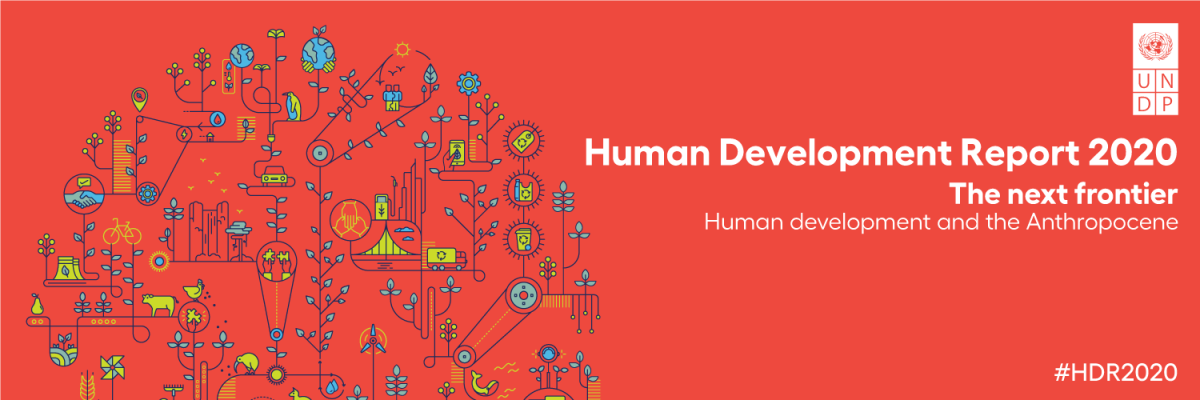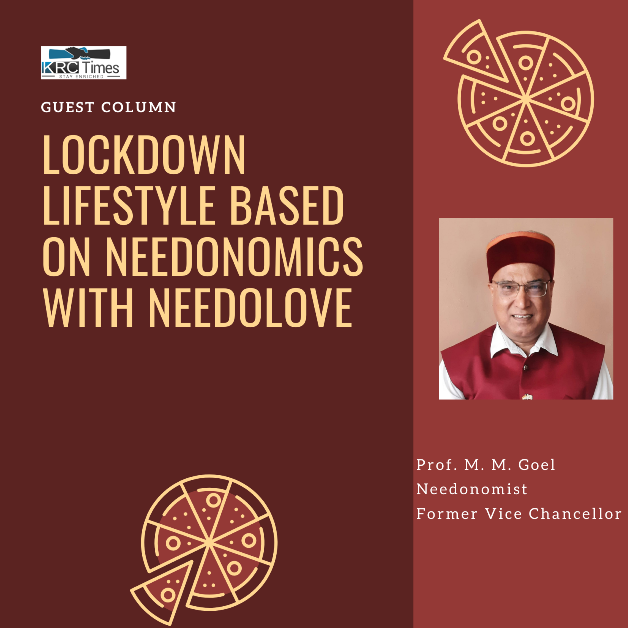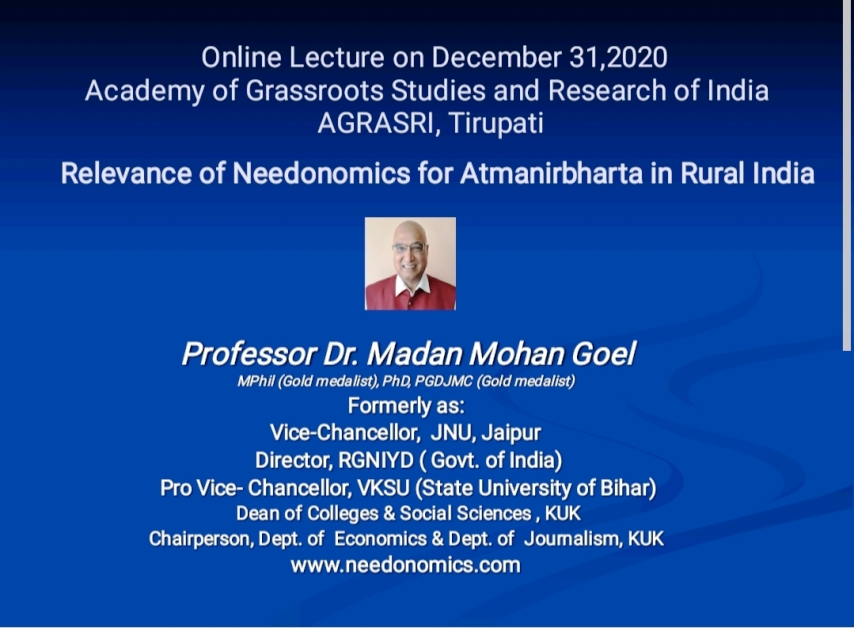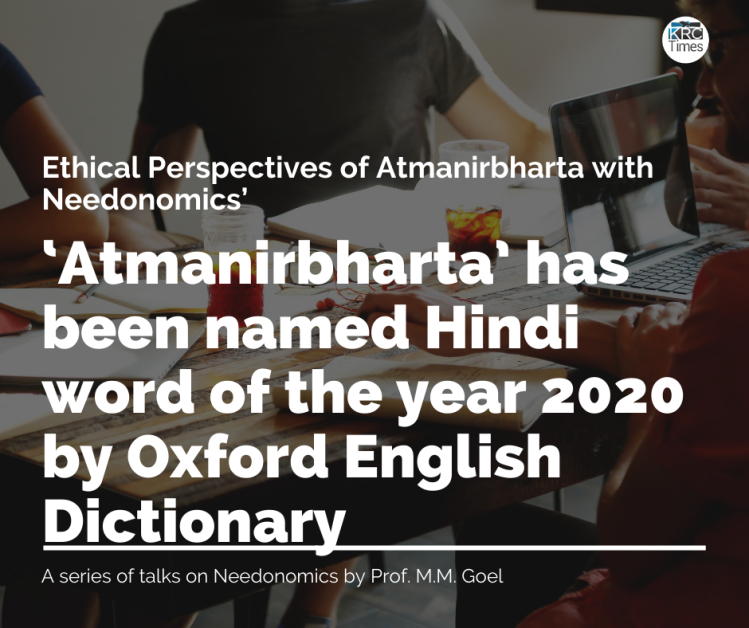We need to transform our relationship with the planet — to make energy and material consumption sustainable, and to ensure every young person is educated and empowered to appreciate the wonders that a healthy world can provide
 Dr. M. M. Goel
Dr. M. M. Goel

The Human Development Report (HDR) 2020 by UNDP released on December 15 with the aim to shift the focus of development economics from national income accounting to people-cantered policies in various countries of the world. Every year UNDP ranks countries based on the Human Development Index (HDI) report released in their annual report.
The highest score on the Human Development Index ( HDI) is 1.0. The top nation on this list is Norway, with a score of 0.954. Switzerland is in second place with a score of 0.946. Ireland ranks third with a score of 0.942. The calculation of HDI combines four major indicators including life expectancy for health, expected years of schooling, mean of years of schooling for education and Gross National Income per capita for the standard of living. The HDI is calculated as the geometric mean (equally-weighted) of life expectancy, education, and GNI per capita, as follows: The education dimension is the arithmetic mean of the two education indices (mean years of schooling and expected years of schooling).

HDR 2020 reveals that India is ranked at 131 out of 189 counties on Human Development Index (HDI). It marks the decline by two places compared to the last year’s rank of 129.
The current HDI value- 0.645 is also marginally lower than the previous HDI value of 0.647. HDR 2020, the 30th anniversary edition is titled ‘The next Frontier- Human Development and the Anthropocene’. Anthropocene refers to the current geological age considered as a period during which human activity has the dominant influence on climate and environment. It is a bad influence that is putting excessive pressure on the planet by destroying natural capital. The report also proposes a new index, ‘Planet Pressures adjusted Human Development Index'(PHHDI). The Report draws attention to the catastrophic climate changes that threaten the very existence of our planet and humanity. HDR 2020 reveals that there is no country in the world has yet achieved very high human development without putting immense strain on the planet. But we could be the first generation to right this wrong. That is the next frontier for human development.
Although HDI is not a comprehensive measure of human development and focuses on the basic four dimensions and does not take into account a number of other important dimensions of human development and is composed of long-term human development outcomes, yet it draws the attention of the stakeholders.

We need to transform our relationship with the planet — to make energy and material consumption sustainable, and to ensure every young person is educated and empowered to appreciate the wonders that a healthy world can provide. We are required to work with and not against nature while transforming social norms, values, and government and financial incentives as argued in HDR 2020. There is a strong case to change the way we consume and produce as advocated in needonomics (economics of needs) which is ethical, nonviolent and environmentally friendly. We have to be in harmony with nature for sustainable development.





